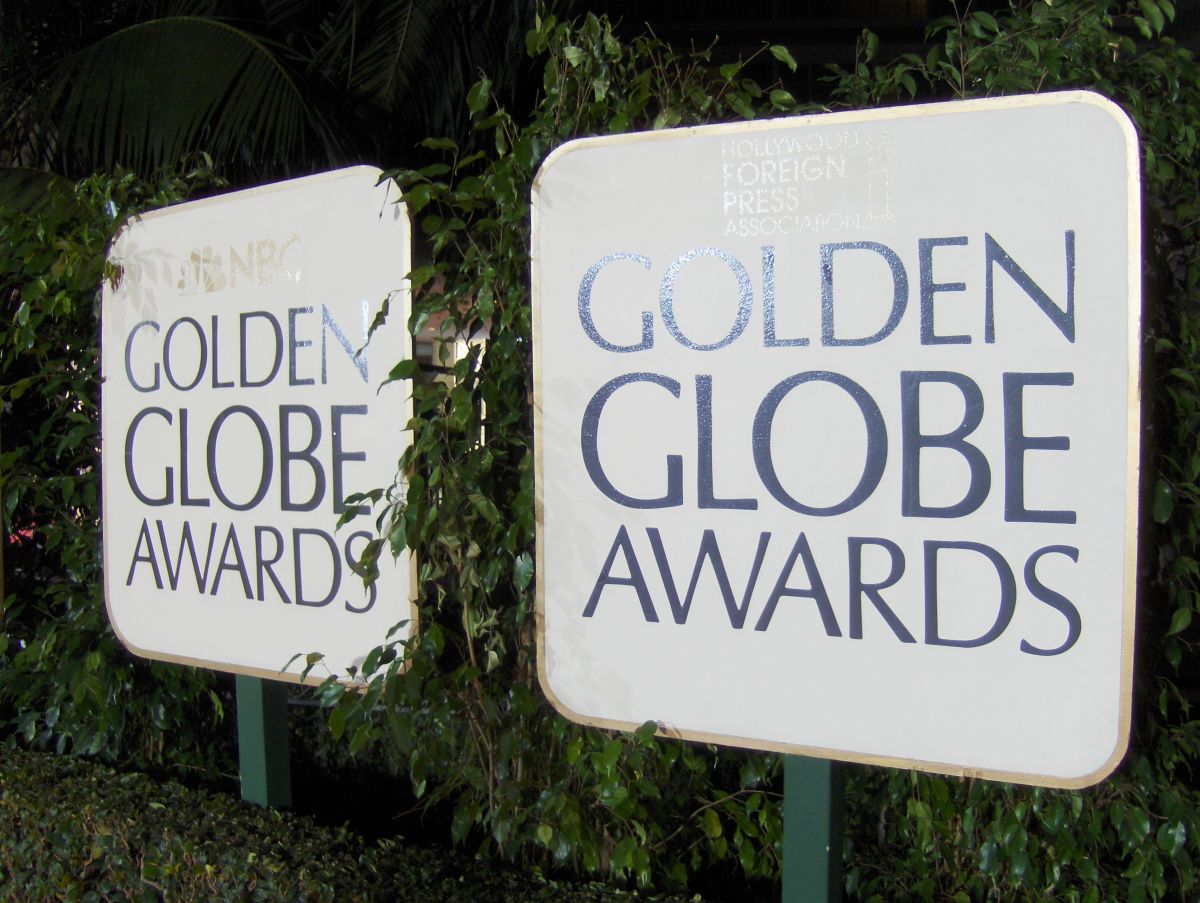In this year’s Golden Globe nominations, women are the losers

Last week marked the ceremonial beginning of awards season as the Hollywood Foreign Press Association announced the nominees for the 77th Golden Globe Awards. Although preceded by awards from the New York Critics Circle and the Los Angeles Critics Association, these rarely provide a useful indication of what will be recognised at the Academy Awards. In contrast, the Globes frequently provide the first proper signal about what to expect from the Oscars. Last year, for example, they rewarded Oscar favourites like Bohemian Rhapsody and Green Book.
Perhaps the biggest winner of these nominations was Netflix who, having instigated a significant drive for awards recognition this year on the back of the relative success of 2018’s Roma, ended up receiving twice as many nominations as the next distributor. Martin Scorsese’s mob epic The Irishman earned five nominations including Best Picture (Drama) and Best Supporting Actor for both Joe Pesci and Al Pacino, although Robert De Niro was bafflingly overlooked for Best Actor (Drama).
The Two Popes received acting nominations for its veteran stars Jonathan Pryce and Anthony Hopkins while Eddie Murphy marked a remarkable return to film after a three year break with a nomination for playing Rudy Ray Moore in the comedy biopic Dolemite Is My Name.
Netflix’s most successful film, though, was Noah Baumbach’s acclaimed semi-autobiographical Marriage Story. In addition to acting nods for Adam Driver, Scarlett Johansson and Laura Dern, the film was nominated for Best Picture (Drama) and Randy Newman received a nomination for his score. Although Baumbach received a nomination for his screenplay, he was overlooked for Best Director.
Aside from Netflix, other successes included Sam Mendes’ one-shot World War I drama 1917 and Bong Joon Ho’s Korean thriller Parasite, with both films receiving three nominations including Best Director. Quentin Tarantino’s latest film, Once Upon a Time… in Hollywood, received five nominations although its placement in the Musical or Comedy category rather than Drama is probably funnier than anything in the film itself.
Following on from massive box office success, Joker was nominated in four categories including Best Actor (Drama) for Joaquin Phoenix. The film’s relative success is particularly intriguing given a well-established trend within the major awards bodies of overlooking superhero and comic book films. The sole exception to this is The Dark Knight, which posthumously earned Heath Ledger a Golden Globe for Best Supporting Actor. Although, even in that case, the film didn’t receive any other nominations. Todd Philip’s deliberate and vocal decision to renounce the “comic book movie” label may be part of the reason why the HFPA were prepared to recognise his film.
With all that said, the most important story from these nominations is not one of success but of the failure once again to recognise the achievement of women in cinema. Emblematic of this failure is the Best Director category, which did not include a single woman. Globes apologists will tout the familiar line that there “simply weren’t any female directors worthy of nomination this year” but anybody who has watched even a few films over the past twelve months will know that the opposite is true.
While gender imbalance persists throughout the industry, 2019 saw a brilliant collection of films by female directors. Greta Gerwig’s Little Women and Lulu Wang’s The Farewell stand foremost among them but the list also includes Marielle Heller’s A Beautiful Day in the Neighbourhood and Lorene Scafaria’s Hustlers. Each of these films received at least an acting nomination too, so the Globes can’t employ the excuse that they didn’t see the films.
The problem extends even beyond personnel though. Almost all of the most successful films at the Golden Globes this year, from The Irishman and 1917 to Joker and The Two Popes, were dominated by men. At the same time, films like Bombshell, Booksmart and the aforementioned Little Women, all primarily featuring women, immensely underperformed. With such fantastic and diverse films being produced, the film industry’s awards bodies have run out of excuses not to address their continued neglect of female artists and stories.







